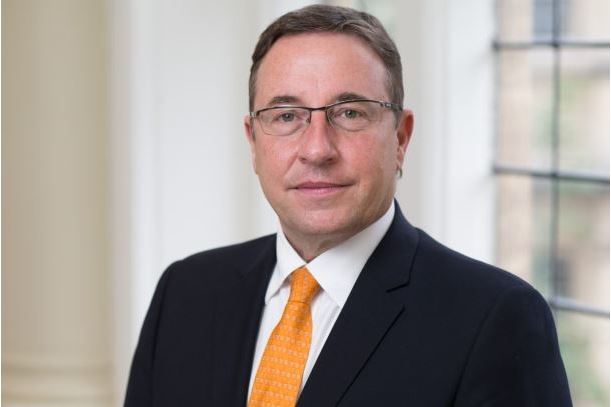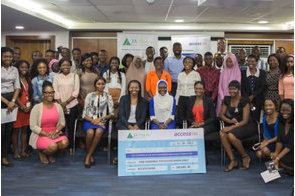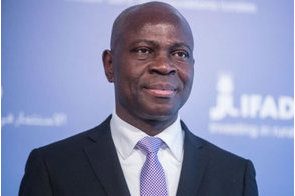UNDP advocates partnership with young people to prevent violent extremism

Summary
A new UNDP report underscores the need for systematic participation of young people in decision-making and governance to prevent and respond to violent extremism.
With growing concerns over the increasing radicalisation of young people into violent extremist groups, a new report by the United Nations Development Programme (UNDP) underscores the need for systematic participation of young people in decision-making and governance to prevent and respond to violent extremism.
The report, "Frontlines: Young people at the forefront of preventing and responding to violent extremism," was released on Thursday by the UNDP, whose role includes helping countries to develop policies and build resilience in order to sustain development results.
The report analyzes and synthesizes the perceptions and aspirations of youth in order to better understand their role in preventing violent extremism (PVE). The report also provides information on the best frameworks for youth engagement in PVE.
As part of his Foreword, Achim Steiner, UNDP's Administrator, said the report "aims to support a paradigm shift in thinking about youth’s role in PVE in order to find more effective approaches." Supported by the Nowegian government, the report is a youth research initiative developed by UNDP's Youth Global Programme for Sustainable Development and Peace (Youth-GPS 2016–2020), and in collaboration with the Oslo Governance Centre (OGC).
According to Steiner, about 408 million of the more than 1.8 billion young people in the world today are living in countries and communities affected by armed conflict or organized violence. The UNDP Administrator said supporting young people can help societies to transform and sustain peace. The report, therefore, says young people must be involved as partners in developing and implementing policies, which effectively counter the growth of extremism.
The findings contained in the report are also aimed to promote improved UNDP’s country- and regional-level PVE programming. A key finding of the report is that initiatives focusing on young women have been less common, and there are significant gaps between groups who are engaged and those who respondents believed should be engaged.
“Even though young people are joining violent extremist groups more than any other age demographic, evidence shows that the vast majority of youth neither fall prey to the tactics of terrorists, nor are participating in violence,” said Jayathma Wickramanayake, United Nations Secretary General’s Envoy on Youth. “On the contrary, young people are our biggest hope and, rather than downplaying their overwhelmingly positive role, we should build on their aspirations and prodigious efforts to build resilience and social cohesion.”
Related
-
Access Bank and youth entrepreneurship
The Nigerian youth population estimate for 2016 exceeded the entire population of some of the wealthiest nations on earth, ...
-
Repositioning agriculture to end youth migration in Africa
The media rarely portrays farming as a young person's engagement.
-
New IFAD President calls for investment in rural youth to stem migration
Houngbo said his priority is to invest in rural areas so that they become places of prosperity and hope.










